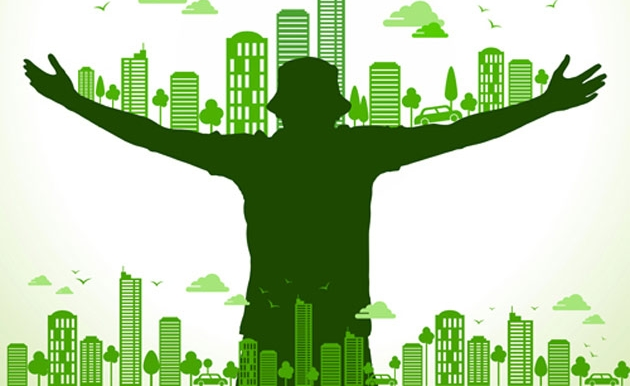Environmental law: Sustainable development and planning

14 Sep 2018
Sustainable development is an evolving concept in both international and domestic environmental law.
The intellectual foundation thereof was laid in Bruntland’s vision of Our Common Future, a report by the World Commission on Environment and Development. The concept was initially constructed in an attempt to resolve the conflicting needs of development and environmental protection. The original definition thereof affirms this as “…development that meets the needs of the present without compromising the ability of future generations to meet their own needs.”
It has developed over the past three decades through a number of hard and soft law instruments. Despite its relative infancy in comparison to other areas of law, sustainability or sustainable development is even more important today than it was when the concept was first coined.
While sustainability is a global imperative, it also is an activity governed at a domestic level by the interests and resources of each country. The common law in South Africa traditionally focuses on the private rights of legal persons while environmental law aims at executing the public interest in environmental health.
In order to achieve sustainable development, a balance must be reached between the public interest in the sustainability of the environment for the benefit of present and future generations and conflicting private interests. In fact, in Biowatch Trust v Registrar Genetic Resources and Others, the Constitutional Court held that “the protection of environmental rights will not only depend on the diligence of public officials, but on the existence of a lively civil society willing to litigate in the public interest.”
A number of legislative developments have forged the way for the recognition of sustainable development and the protection of the environment in South Africa. South Africa recognises a fundamental environmental right in section 24 of the Constitution, inherent in which is the right to ecologically sustainable development. As the Constitutional Court held in the leading South African jurisprudence on the subject, Fuel Retailers Association of SA v Director-General: Environmental Management, Department of Agriculture, Conservation and Environment, Mpumalanga Province and Others, “sustainable development and sustainable use and exploitation of natural resources are at the core of the protection of the environment.” The Constitution thereby also entrenches the duty of government to realise this right.
This is further supported by the principles contained in the National Environmental Management Act 107 of 1998 (NEMA). Moreover, the Municipal Systems Act 32 of 2000 holds, in section 1 thereof, that development is “sustainable development and includes integrated social, economic, environmental, spatial, infrastructural, institutional, organisational and human resources upliftment of the community.”
To ensure that planning and infrastructure development takes place in an environmentally responsible and sustainable manner, governmental policy aims to ensure that there are adequate instruments to promote sustainable development, such as the National Strategy for Sustainable Development; the National Framework for Sustainable Development and the National Development Plan 2030.
In addition, the development of strategic environmental management tools, such as Environmental Management Frameworks (EMFs), Strategic Environmental Assessments (SEAs) and conservation planning, have become valuable in determining the sustainability of a development. What’s more, the environmental impact assessment provisions contained in the NEMA and the regulations thereto provide a valuable tool in assessing the sustainability of potential planned developments.
Despite the aforementioned legal and policy developments of recent years, poverty and inequalities remain widespread in South Africa, while our biodiversity and ecosystems persistently deteriorate at distressing rates.
Accordingly, local authorities are often the most challenged with the reality that South Africa, as a developing country, prioritises development. Resultantly there is a large onus placed on local authorities to strike a delicate balance between development and enforcing policies which deviate therefrom in order to pursue the global good.
See also:
- Environmental Law: What does 2018 have in store for us?
- Opening the lock gates to the potential of the waste economy

